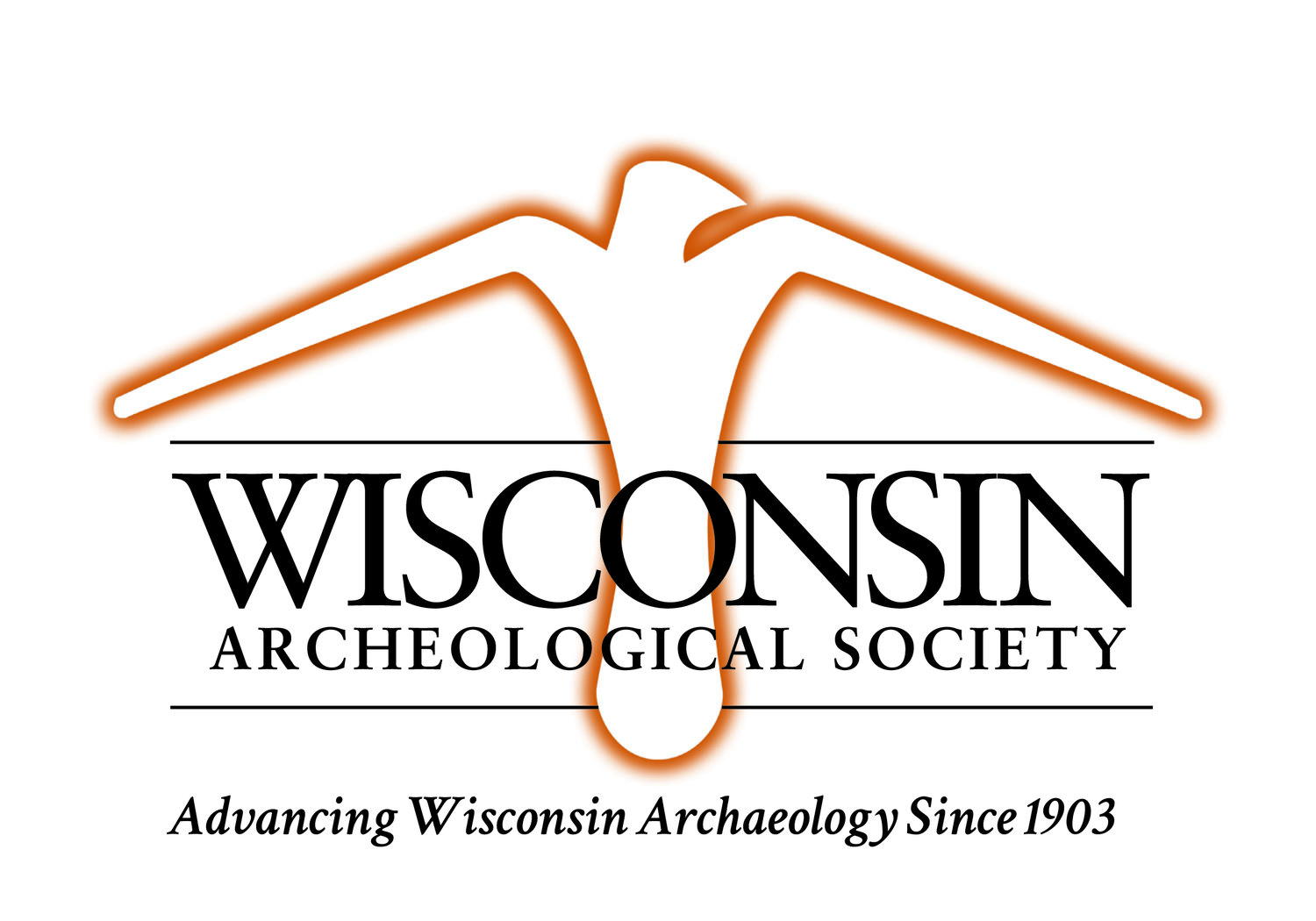Abstract: In 2001 a severe windstorm toppled a large tree in the park on the east shore of Lake Winneconne in the Village of Winneconne. Herb Steward and Ed Coumbe, long-term members of the Ritzenthaler Chapter, volunteered to salvage the archaeological deposits disturbed by this tree tip. Unsurprisingly, they recovered large quantities of shell-tempered Lake -3- Winnebago Trailed ceramics, clam shells, and fish and deer bone. Initial interpretation of this material suggested that the site was another late prehistoric Oneota site – important, but one of many such sites in the Middle Fox Passageway (the Lake Winnebago Pool and the lower portions of the Wolf and Upper Fox rivers). Because of the slow pace of dry-screening on site, much of this disturbed soil was collected and transported to the Soil Flotation Lab on the University of Wisconsin-Oshkosh campus for later processing. Because of other projects and the relatively low priority of these samples, it took many years to get this soil waterscreened. In 2010, Dale Reitmeyer and Bruce Mueller, also members of the Ritzenthaler Chapter, picked the light and heavy residues from this salvage. In addition to more of the same materials that had been recovered in the field, Reitmeyer and Mueller also found eight small rolled-copper beads. Initially they were thought to be made of native copper and dated to the late prehistoric Oneota occupation of the site. Heather Walder, then a Ph.D. candidate at the University of Wisconsin-Madison, made the surprising discovery that the beads were made of smelted copper and therefore must date to the protohistoric or early historic period. This surprising find has identified a protohistoric or early historic component at the site and raised the intriguing possibility of an historic Oneota site. Such a site has long been sought, several candidates have been proposed, but so far, no uncontested candidates have been identified. Because of this possibility, the 2017 UW-Oshkosh Archaeology Field School will return to the site for a small, carefully controlled excavation. Be prepared for a follow-up report later this year
This presentation was originally scheduled for the January Meeting. Because of extremely bad and dangerous weather that program was cancelled (the first time in the history of the Chapter). This program will by our Chapter’s contribution to the Annual Wisconsin Archaeology Month.





